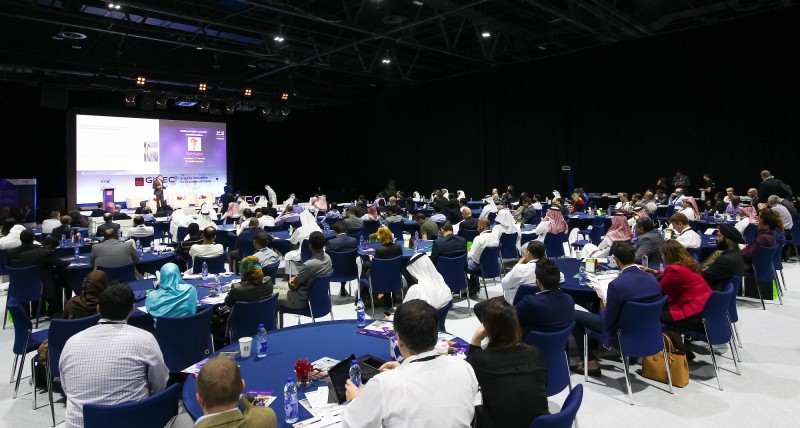Major online data breaches are constantly in the headlines. Whether it is personal information of end users, confidential corporate records or classified documentation being leaked or stolen and used surreptitiously, the collection and use of data online is a burning issue and increasing concern for many.
More data than ever before is being collected about us as individuals and businesses, via data points such as mobile location, integration of apps, cross-platform use. As the world becomes ever-more connected, 2.5 quintillion bytes of data is created daily, data collection forms a strategic element of business strategies across a range of industries.
According to the Digital in 2017 Overview, complied by We Are Social and Hootsuite, there are now more than 3.8 billion Internet users – more than half of the world’s population, with more than 1 million new users on social media every day.
However, the recent Facebook data scandal has raised numerous questions. On this occasion, the data of 87 million Facebook users was accessed without their consent by political research company Cambridge Analytica during the 2016 US Presidential elections to create targeted advertisements. The shocking revelation of the latest data leak has cost the tech giant more than a whopping $100 billion in market value. So, is it time to regulate social media, technology companies and others when it comes to data farming and use of it? And how can episodes such as this be avoided in the future?
“Technology is a double-edged sword that brings opportunities and dangers. Everyone – users, tech companies and governments – needs to be mindful in its use. As users, we need to constantly equip ourselves with information about the risks we face before using an application. Technology companies also need to play their part too to safeguard customers’ online experience and exposure,” said Ng Hoo Ming, Deputy Chief Executive Officer (Operations), Cyber Security Agency Singapore, who will address the 6th edition of Gulf Information Security Exhibition and Conference (GISEC), which runs, alongside Internet of Things Expo (IoTX), under the umbrella of Dubai Future Technology Week, at Dubai World Trade Centre (DWTC) from 1-3 May, 2018.
“Explicitly stating their company’s ethical code of conduct is a start. Adhering to it is critical and will be assuring to all. Governments can help to create a safe and trustworthy cyberspace by implementing a sound regulatory framework for technology companies. This will help to spur new technology innovations that we can embrace with more confidence,” added Hoo Ming, who will also host a special masterclass during Future Technology Week on best practices for tackling national cybersecurity matters on 30 April.
Hoo Ming’s views on regulation were echoed by Ali Rebaie, a cyber security expert and President & Data Anthropologist at Rebaie Analytics Group, who will be taking the stage on Day 2, presenting the Kin-directed AI Nation, with a focus on securing smart cities and the role of Blockchain in this.
“The major issue is that not all data provided by people is done so voluntarily. You might voluntarily give your data to a social media network, but then there is information that is supplied passively, such as using location services or integrating data across devices. This massive data collection is leading to de-contextualization of people’s data,” said Rebaie.
“The data on platforms on social networks may well be re-used in very different contexts than you expect. There needs to be transparency, this has to be done on a notion of reciprocity. I call in the “Kin-directed AI Nation”, which involves cooperation and inhibits the blanket dispersal of personal data stored in an Internet of Things (IoT) environment, drones, connected cars and wearables. We, as humans, would provision this collaboration, via fine-grained consent and the capacity to exit a data deal at any time without any negative implication.”
Both Hoo Ming and Rebaie will join 60-plus industry experts in addressing more than 40 special sessions during the three-day confex, discussing, and knowledge sharing on the latest security measures to protect individual, corporate and government systems and data.
GISEC and IoTX 2018 will provide key industry players, from developers, to system engineers and chief information officers with the latest, up-to-date best practices on how to anticipate, react and prevent such attacks from happening to their organisation, say event organisers.
Organised by DWTC, Future Technology Week is supported by Dubai Electronic Security Center, Dubai Police, Smart Dubai, National Crime Agency and CSA Singapore. GISEC will highlight the importance of robust information security frameworks by addressing challenges on global cybersecurity vulnerabilities and threats against governments, industries and organisations across the region.





